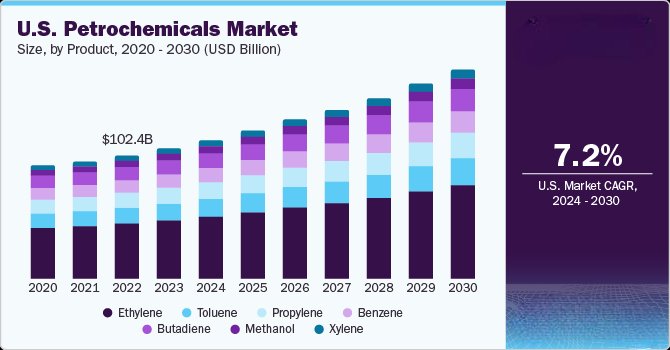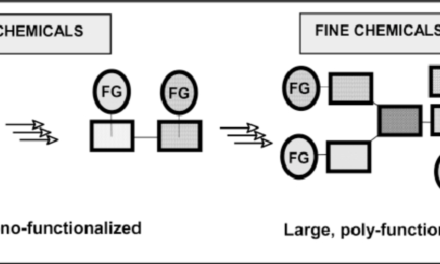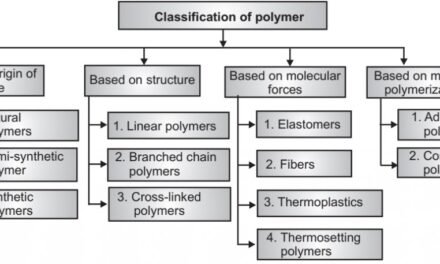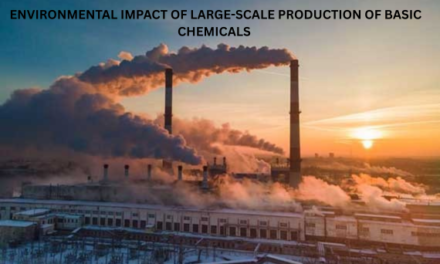The primary drivers for global petrochemical demand are tied to industrial growth, population expansion, and technological advancements. Here’s an overview:
1. Growing Population and Urbanization
- Increased Consumer Goods: Demand for plastics, textiles, and packaging rises with population growth and urban lifestyles.
- Construction Boom: Urbanization drives the need for construction materials derived from petrochemicals, such as insulation, pipes, and paints.
2. Rising Middle-Class Consumption
- Higher Disposable Income: Increased spending power leads to greater demand for consumer goods, electronics, and automobiles, all of which depend on petrochemical inputs.
3. Automotive and Transportation Growth
- Plastics and Composites: Lightweight materials derived from petrochemicals are essential for modern vehicles to improve fuel efficiency.
- Tire and Lubricant Demand: Petrochemicals like synthetic rubber and specialty chemicals are critical for automotive components.
4. Packaging Industry Expansion
- E-commerce Growth: Increased reliance on e-commerce drives demand for flexible and durable packaging materials.
- Food Preservation: Petrochemical-based plastics are key for extending the shelf life of food products.
5. Industrialization in Emerging Markets
- Rapid industrial growth in Asia, Africa, and South America fuels demand for petrochemicals in manufacturing and infrastructure projects.
6. Technological Advancements
- Electronics and Appliances: Petrochemical-derived materials like semiconductors and polymers are essential for electronics and gadgets.
- Renewable Energy: Petrochemicals are used in manufacturing wind turbine blades, solar panels, and energy storage solutions.
7. Agricultural Sector Needs
- Fertilizers, pesticides, and irrigation equipment rely heavily on petrochemical products to support global food production.
8. Healthcare Demand
- Petrochemicals are crucial for producing medical equipment, packaging, and pharmaceutical products.
9. Global Energy Transition
- Although renewable energy is growing, petrochemicals remain critical for non-fuel applications like polymers, resins, and specialty chemicals.
10. Circular Economy Initiatives
- Recycling Technologies: Investment in chemical recycling is expanding the scope of petrochemical applications in sustainable practices.










